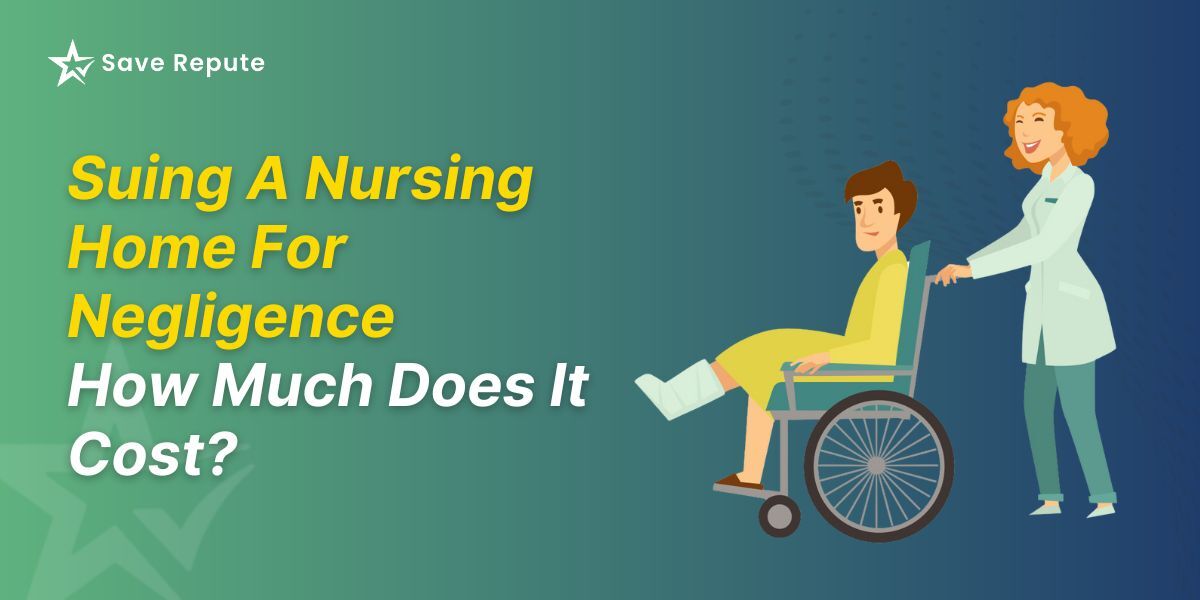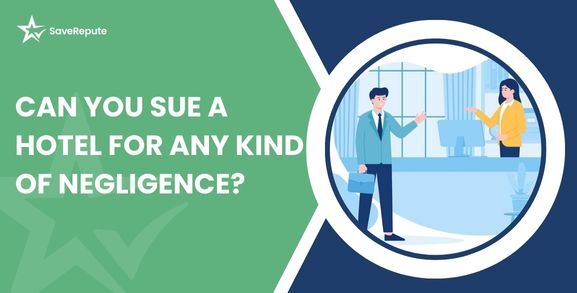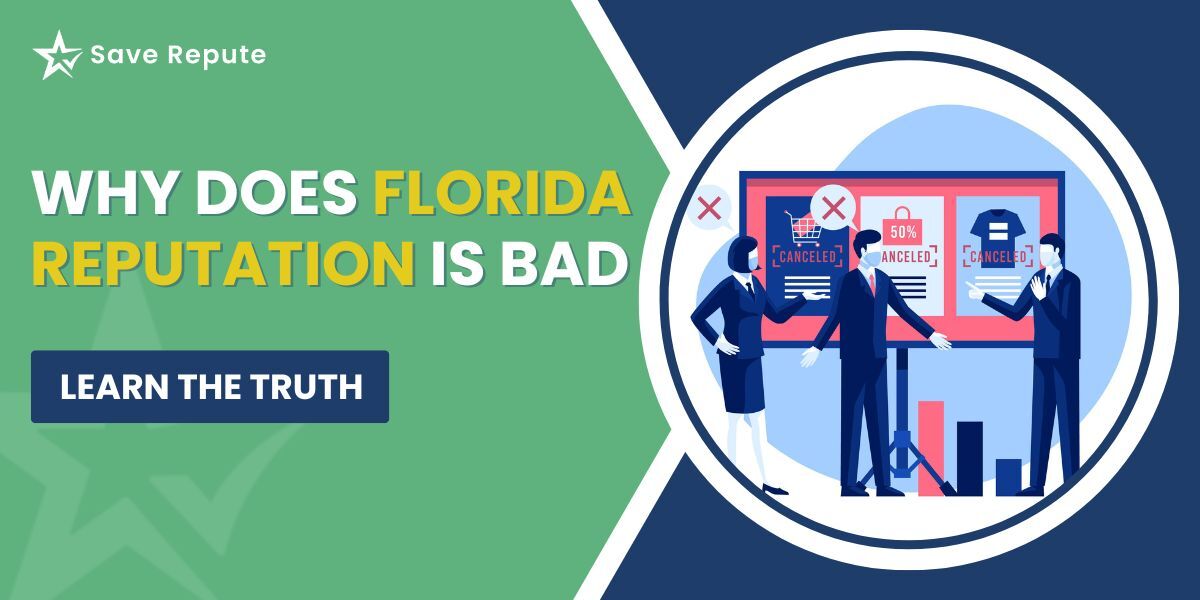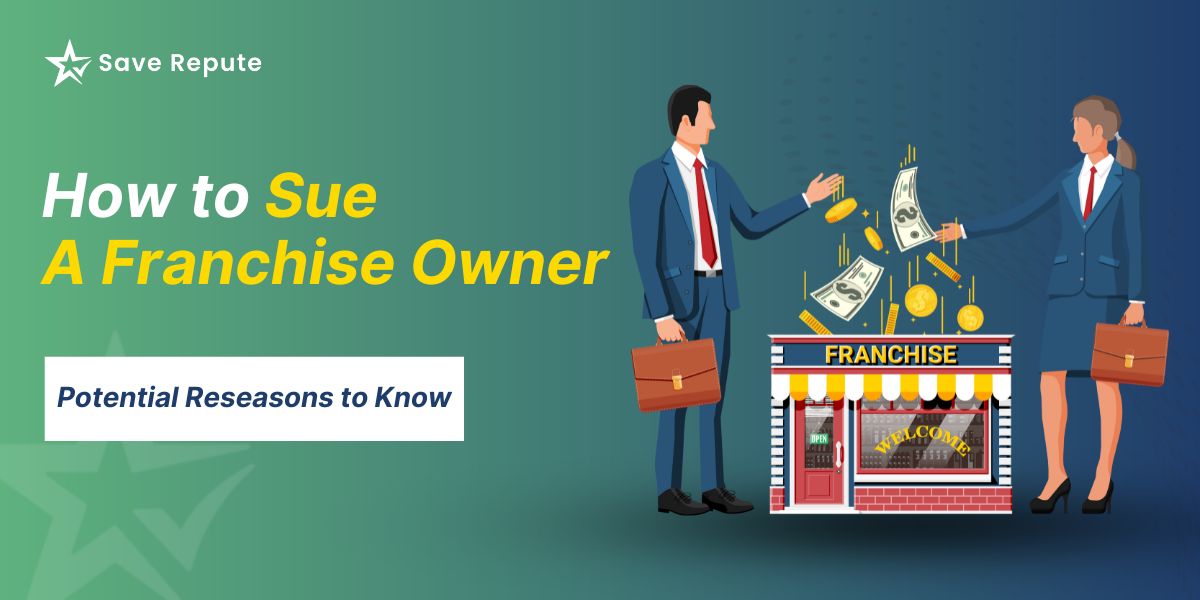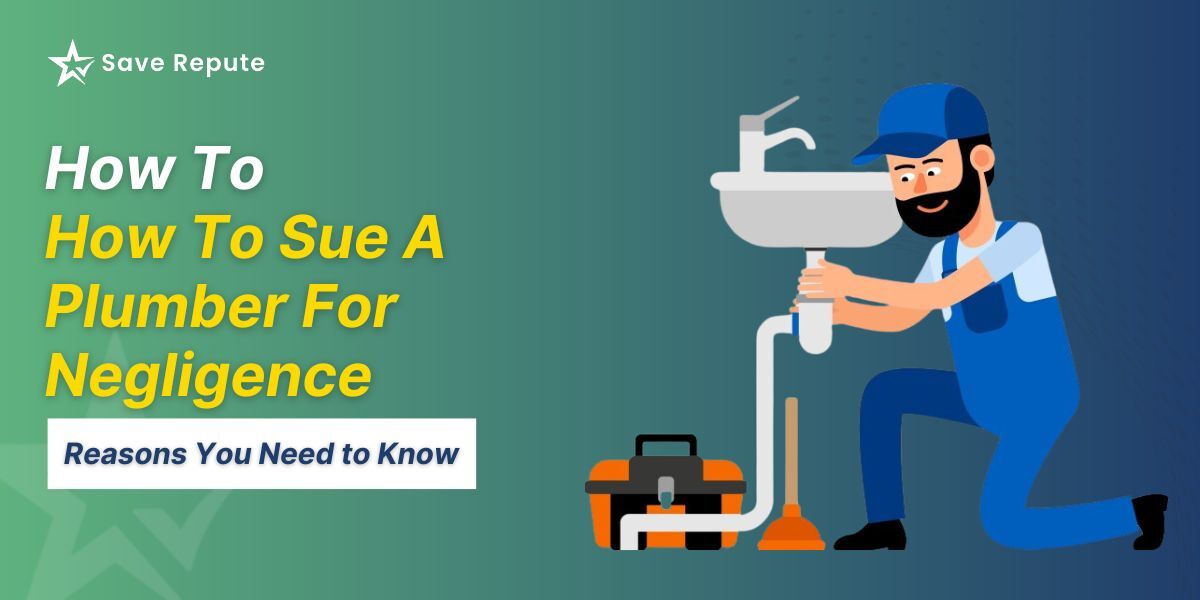
How To Sue A Plumber For Negligence – Reasons You Need To Know
Have you ever hired a plumber, only to find that their work was far below your expectations? Whether it’s a botched repair or a flood of problems left in their wake, dealing with a negligent plumber can be incredibly frustrating. If you find yourself in this unfortunate situation, you might wonder if suing the plumber for negligence is the right course of action. In today’s digital age, the world travels fast. A legal claim against a plumber can significantly tarnish their online reputation, making future clients wary of their services. But worry not. In this blog we will guide you through the steps of suing a plumber for negligence, helping you understand your rights and the impact it can have on both your situation and the plumber’s professional standing. Can I Sue A Plumber? Yes, you can sue a plumber if they have failed to perform their duties properly, causing damage or financial loss. Suing a plumber for negligence involves proving that the plumber did not meet the expected standard of care, which resulted in harm to your property or additional costs. It’s important to document all interactions and the work done, including taking photos and gathering any relevant receipts or contracts. This evidence will support your claim and demonstrate the plumber’s failure to deliver the agreed-upon service. What Are The Reasons For Suing A Plumber? Property Damage: If the plumber caused damage to your property, such as water damage, structural issues, or ruined fixtures, you have a valid reason to sue. Poor Workmanship: Shoddy or incomplete work that fails to meet industry standards is one of the primary reasons to sue a company of plumber. This can lead to ongoing issues and additional repair costs. Failure To Honor Agreements: If the plumber did not fulfill the terms of your contract, such as not completing the job on time or not using agreed-upon materials, you can sue for breach of contract. Lack Of Proper Credentials: Hiring a plumber who is not licensed or insured can lead to subpar work and additional liability on your part. This is a strong reason to take legal action. Creating Unsafe Conditions: If the plumber’s work resulted in hazardous conditions, such as gas leaks or improper installations, it poses significant health and safety risks, justifying legal action. What To Do If A Plumber Does A Bad Job? If a plumber does a bad job, the first step is to contact them directly to explain the issues and request that they correct their mistakes. If the plumber is unresponsive or unwilling to fix the problems, gather all relevant documentation, including contracts, receipts, and photos of the faulty work You can then consult a plumber expert to assess the damage and provide a professional opinion. If the situation remains unresolved, consider hiring a lawyer to explore your legal options, which may include filing a complaint with your local consumer protection agency or suing the plumber for negligence. How To Sue A Plumber For Negligence? Gather Evidence Collect all relevant documentation, including contracts, invoices, receipts, and photos of the damage caused by the plumber negligence. This evidence will support your claim and show how the plumber’s work fell short. Detailed records of communication, such as emails and text messages, can also be crucial in proving your case. Consult A Plumber Expert Before suing a plumber, it’s wise to consult with a plumber expert who can assess the work and provide a professional opinion. An expert’s evaluation can highlight the specific issues and reinforce your claim of negligence. This step is essential to build a strong foundation for your lawsuit. Hire A Plumber Lawyer Find and hire a plumber lawyer who specializes in cases involving tradespeople and negligence. A lawyer experienced in this area will guide you through the legal process, ensuring all paperwork is correctly filed and deadlines are met. Their expertise will be invaluable in presenting your case effectively. Attempt Mediation Before proceeding to court, try to resolve the issue through mediation. This involves negotiating with the plumber, possibly with the help of your lawyer, to reach a settlement. Mediation can save time and money compared to a full-blown lawsuit and might provide a quicker resolution. File A Lawsuit If mediation fails, you can sue a plumber online or through traditional legal channels by filing a lawsuit in small claims court or higher, depending on the amount of damages. Your plumber lawyer will assist in filing the necessary documents and representing your interests in court. Attend Court Hearings Prepare for and attend all court hearings as scheduled. Present your evidence, and have your plumber expert testify if necessary. Your lawyer will argue your case, demonstrating how the plumber negligence caused damage and why you are entitled to compensation. Is Plumber Liable For Water Damage? Yes, a plumber can be held liable for water damage if it is proven that their work caused the damage. When a plumber’s negligence or substandard workmanship leads to water leaks, flooding, or other water-related issues, they are responsible for the resulting damage. To establish liability, you need to provide evidence such as contracts, photos of the damage, and expert testimony that links the plumber’s actions directly to the water damage. In such cases, you can seek compensation for repair costs, property damage, and any other related expenses through legal action or by filing a claim with the plumber’s insurance. How Long Is A Plumber Liable? The duration for which a plumber is liable for negligence varies depending on local laws and the specifics of the contract. Typically, this period is defined by the statute of limitations, which dictates the time frame within which you can bring a legal claim. In many jurisdictions, the statute of limitations for property damage or breach of contract ranges from two to six years. It’s crucial to check your local regulations to determine the exact time limit. Negligence Lawsuit Process Determine the extent of the damage caused by faulty plumbing and gather all relevant documentation. Get

